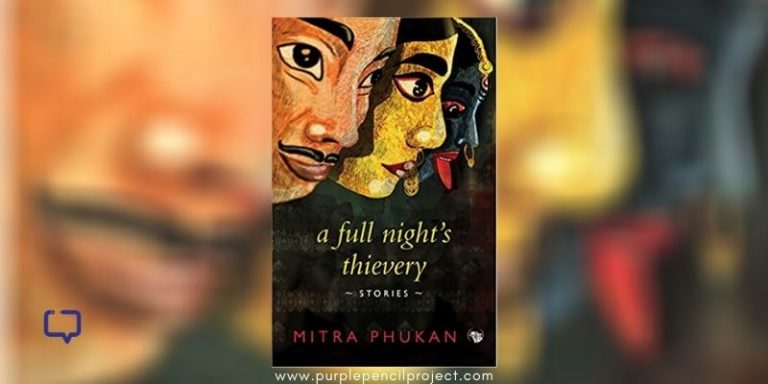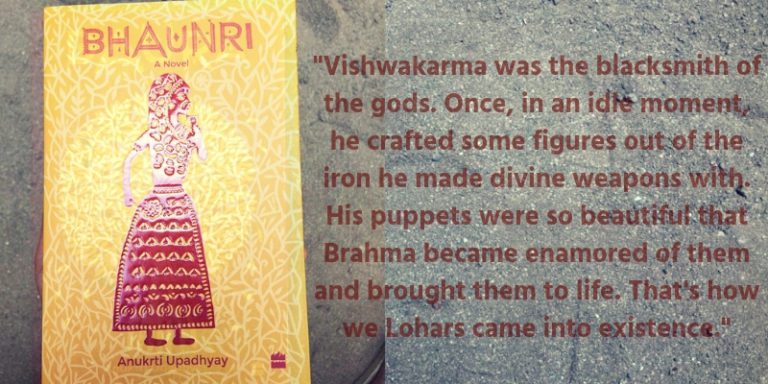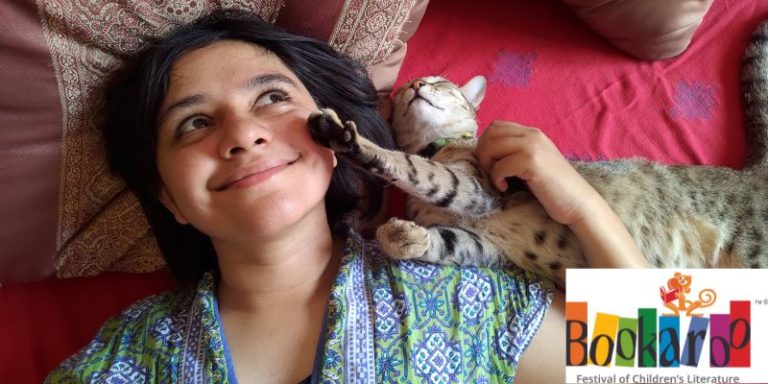Difficult Daughters by Manju is an intimate and gripping tale of three women, Virmati, Shakuntala and Swarna, set in the pre-independence era who choose to not conform to society’s standards, and to rise above expected domestic ambitions; they “thought to be something other than a wife.”
We encourage you to buy books from a local bookstore. If that is not possible, please use the links on the page and support us. Thank you.
They think for themselves, prioritise their life before others, go for higher studies, participate in the Satyagraha movement, and choose not to ever get married. From the Hindu code bill, dowry, to abortion, and property rights, Virmati, Shakuntala and Swarna lay the foundation of the rights that women today enjoy. Set around the time of partition, Kapur traces the life of her mother in the undivided Punjab.
Plot Points
Virmati, a 17-year-old Fine Arts student in Amritsar belongs to an open and high-minded Punjabi family. She falls in love with her neighbour Harish, an Oxford-return English professor. He is already married and has children and that is where the story gets a bit haywire and complicated. Virmati is in a constant tussle between her illicit love and her desire for education.
Being surrounded by some independent and progressive women, Virmati starts to question and deconstruct her preconceived thoughts on marriage, love, jobs, and country.
The desire for education in Virmati was first lit by Shakuntala, her cousin’s sister. She makes Virmati see the other side of the world by telling her how women in Lahore are independent and lead their own lives. She tells her how they are fighting for the freedom of the nation by conducting political meetings and joining and demonstrating rallies.
“Virmati watched Shakuntala ride horses, smoke, play cards, and badminton, act without her mother’s advice; buy anything she wanted without thinking it a waste of money. Above all, she watched how her sister never seemed to question or doubt herself in anything.”
‘Stale dream of marriage’
Meanwhile, Virmati is also in awe of her roommate Swarna, who actively engaged in the Satyagraha movement. Swarna’s character is bold and opinionated. She makes Virmati understand that there are things which hold more importance than marriage and she tells her to wake up from her ‘stale dream of marriage.’
Virmati evolves with the story. From a simple middle-class Punjabi girl whose only desire in life was to take care of her family and get married, to her journey of forging her path of serving the cause of the nation’s literacy, she comes a long way. She gets to taste the different flavours of freedom in Lahore, but after completing her Bachelors of Teaching (BT) course there, she becomes restless and dissatisfied. With a hunger to work and broaden her horizons further, she feels uneasy to retreat to her old life when she is not the same person anymore.
Mirror of society
Harish’s character is annoyingly cowardly. He talks about bigger things but when it’s time to fulfil those, he takes a back seat. Despite Virmati’s regular insistence, he is reluctant to marry her. When a friend suggests, he eventually marries and takes her to his house where her first wife, his children, and his mother live. Their marriage results in Virmati’s ouster from her own and her in-laws’ house. However, suddenly, her mother-in-law takes interest in her well-being when Virmati gets pregnant and she even insists she sleeps with her. This novel mirrors society’s obsession with its conservative ideas of women, superstitions, male children, and the family’s sacred duty of marriage.
Lahore in undivided India
Kapur vividly describes the heart and soul of Punjab, Lahore, which was also considered to be the Mecca for all Punjabis in Difficult Daughters. She writes,
“Lahore is where students gathered on the river, around the mausoleums, through the mall, in the gardens, the shopping areas, the eating places, the theatres; where anybody with brains in their head went to study. To learn, to meet people, hear leaders, be in contact with social, political, fashionable trends.”
Intergenerational trauma of women
Difficult Daughters offers a portrait of the lives of women of three generations and how intergenerational trauma affects them. For instance, when Virmati gets to know that she is pregnant (before her marriage), she silently suffers inside, and “her pride prevents her from asking for help from her roommate.” As a result of society’s constant conditioning, women often think it is only normal to suffer alone and Virmati was too ashamed to talk about it to someone other than her partner, the professor.
Manju too describes the forlorn episode of her abortion, which broke her marriage. Like her mother, she submitted to society’s conditioning and chose to suffer silently. She never told her mother Virmati about her abortion because she used to think highly of her son-in-law and was most disappointed about her daughter’s separation.
Conclusion
Though set around the time of partition, Difficult Daughters is not exactly a partition novel. It is essentially a feminist love story, which paints complex and powerful characters at the backdrop of those turbulent times. The novel sings the struggles of women who despite facing their personal battles, significantly contribute to India’s independence; but is equally relatable today.
Best Quotes
“The one thing that I had wanted was not to be like my mother.”




















